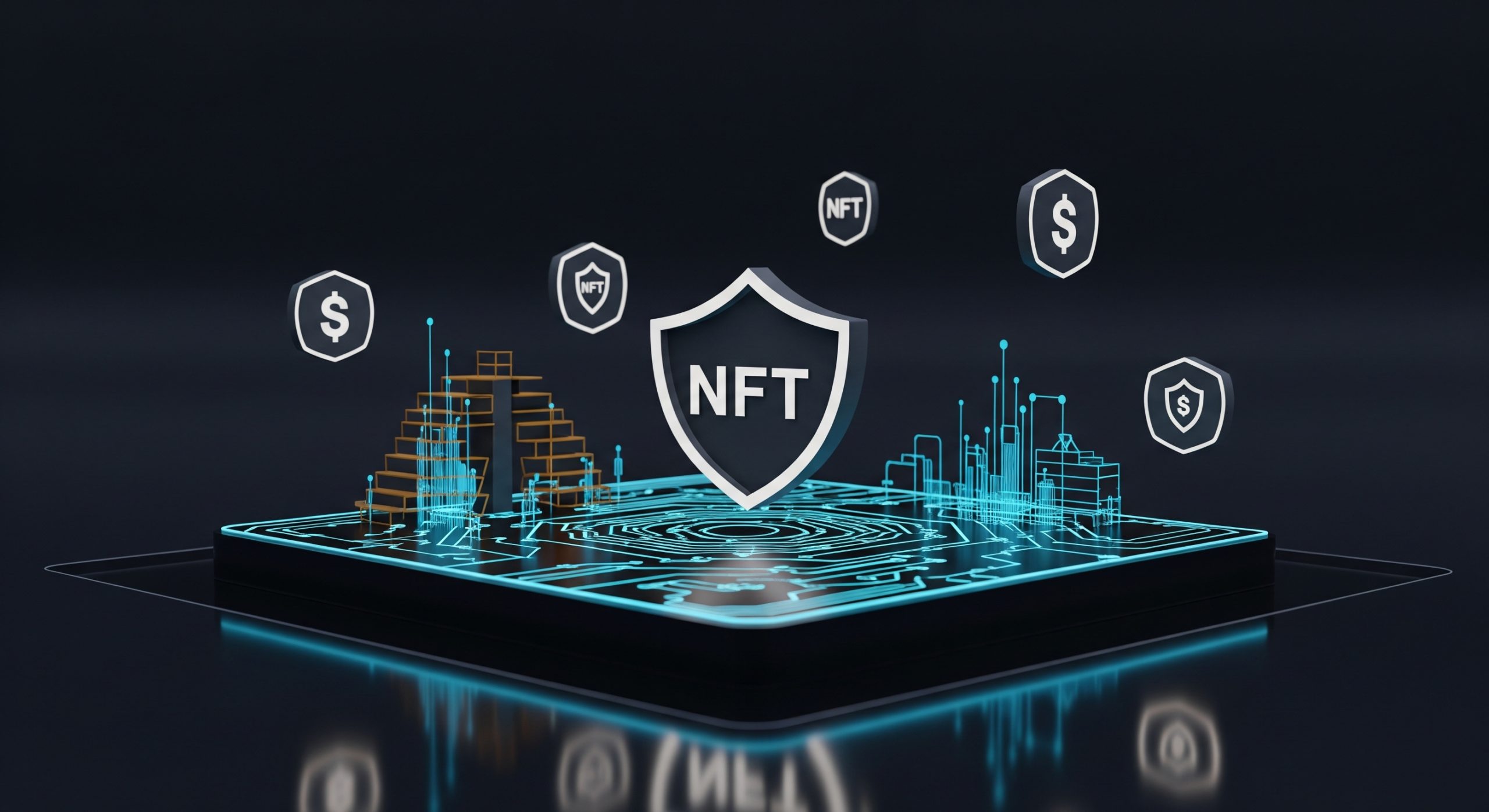The real estate industry is on the verge of a monumental transformation—one fueled by blockchain technology and the rising demand for more accessible, transparent, and efficient investment models. According to a new report from ScienceSoft, the global market for tokenized real estate is expected to reach a staggering $3 trillion by 2030. This figure would account for 15% of all real estate assets under management, signaling a powerful shift in how property ownership is defined, traded, and understood.
What Is Tokenized Real Estate?
Tokenized real estate involves representing ownership of physical property through digital tokens on a blockchain. Each token can represent a fractional share of an asset, enabling investors to buy, sell, or trade property shares as easily as cryptocurrencies or stocks. This approach lowers entry barriers and provides unprecedented liquidity in a traditionally illiquid market.
Why Is It Growing So Fast?
There are several major drivers behind this projected $3 trillion boom:
-
Investor Demand for Accessibility: Tokenization opens real estate to a broader pool of investors who previously couldn’t afford whole properties. Fractional ownership means individuals can invest in high-value properties with just a few hundred dollars.
-
Technological Maturity: Advances in blockchain infrastructure, smart contracts, and regulatory frameworks have made tokenization more secure, scalable, and compliant with financial laws.
-
Institutional Adoption: Global consultancies like Deloitte are backing the trend, highlighting its potential for fund managers, real estate firms, and financial institutions. Their involvement is helping to normalize the concept among mainstream investors.
-
Globalization of Real Estate Investment: Tokenized assets can be bought and sold globally, reducing friction and increasing the velocity of capital in the real estate market.
Challenges Ahead
While the potential is enormous, the tokenized real estate sector still faces hurdles:
-
Regulatory uncertainty in many jurisdictions
-
Lack of investor education on blockchain-based assets
-
Technological integration with existing financial and legal systems
The 2030 Vision
By 2030, tokenized real estate is not just expected to be a niche innovation—it may become a cornerstone of the global property market. With $3 trillion in projected value, this sector could rival traditional REITs and revolutionize how we think about property investment and ownership.
As companies like ScienceSoft and Deloitte continue to provide research, guidance, and infrastructure to support tokenization, investors—both institutional and retail—have a compelling reason to pay close attention.




